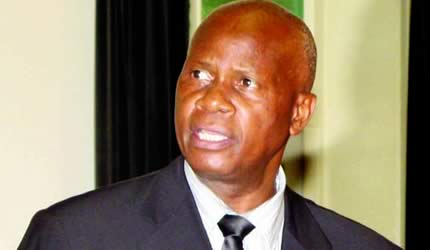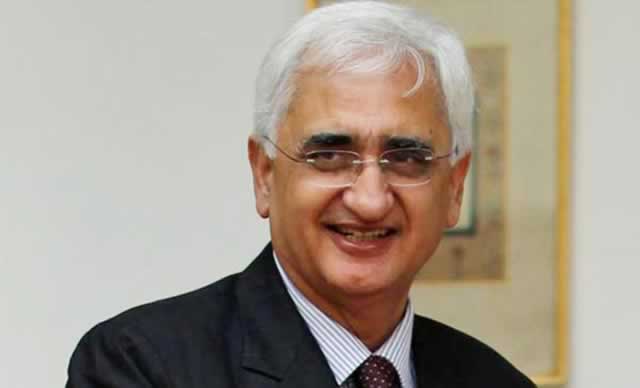Cash crunch symptomatic

Victoria Ruzvidzo Business Focus
THE cash crunch that has afflicted the financial sector, in recent weeks particularly, is certainly cause for concern, especially in instances where demand for money by depositors has become riotous.
Such behaviour is not proper at all but I can understand them. People want their money and they should be able to get it on demand. All things being equal, of course. It is difficult to explain to a hungry man in the queue that such and such economic fundamentals are not in sync such that your US$400 is presently inaccessible.
That all begins to sound Greek for someone who simply wants to put food on the family’s table.
The current scenario is most unfortunate but it is something that the banks themselves and monetary authorities have always been aware of or anticipated.
Indeed, the past few years have seen November/December experience long queues in banking halls and mumblings by depositors as they fail to withdraw their salaries and savings for the festive period.
It has always been a given that this time of the year experiences high demand for funds as families prepare for Christmas and this is also the time they may want to purchase whatever it is that they have been saving for, for the whole year. It is thus painful, if not traumatising, to then fail to access the funds.
We hope the Reserve Bank of Zimbabwe, the Bankers’ Association of Zimbabwe and other authorities will come up with an immediate solution to this challenge.
Words by a banker recently that we have no money and it is not coming from anywhere anytime soon continue to ring in my mind and I want to believe there is a way out.
The need to promote plastic money also becomes obvious in situations like these. I was amazed last week when one of the officials at the African Caribbean and Pacific group of countries secretariat in Belgium asked me to hand over a 50 euro note I was holding to acquaint herself with it.
She has been working in that country for more than 20 years so I could not understand how she would consider the currency they use everyday as something so rare in her life given her decent position.
She said she does not need to handle cash for most of her transactions including purchasing a train ticket. They use plastic money.
Of course, this is the developed world we are talking about, but Zimbabwe now needs to fully embrace this system of transacting. We always want to use cash and feel so much confident and in charge when we have wads of US dollar bills in our handbags and wallets.
Most of these queues will disappear once we use more of the cards. Banks are not helping matters though because in one shop you find a single dysfunctional point of sale machine while in some the machines are conspicuous by their absence.
The infrastructure to promote the use of cards needs to be put in place.
In the meantime, the advent of mobile banking has helped somewhat.
The bottomline though is that the economy needs a massive financial injection sooner rather than later.
I certainly do not envy Finance Minister Patrick Chinamasa on a day like today when he must bring hope to the millions that are experiencing one difficulty or another.
After his presentation, someone must be smiling but the question is, will Minister Chinamasa be able to make someone smile? Anyone for that matter.
We will wait to see the few tricks in his bag. It’s a difficult time he is going through and we commiserate with him.
The feedback I have received throughout the week in response to my column last week tells a story of a people desperate to get things working again.
Indeed, many feel that there are sections of the population that are wasting critical resources while corruption, a vice that has taken the economy two steps backwards for a long time, has continued to gnaw at the economy.
Some feel expenditure patterns by those in public office leaves a lot to be desired and that those found guilty as charged in this instance have failed to be exemplary leaders, betraying people’s trust in the process.
Others feel as suggested in my column, ministers and Members of Parliament should show the way by toning down their packages or buying local so the economy can make better use of the funds saved.
Too many leakages in the economy need to be plugged and strategies sought for normalcy to return. Below are some of the emails I received in response to last week’s instalment entitled “Time We Changed Our Priorities”.
“Nice article, my comments are below
1. If civil servants such as ministers and perm secs have two cars allocated to them, and the cars are top range vehicles, it’s difficult to absorb your line of thinking. When Zim had lots of money back then, these civil servants had one allocated car. If you wanted to go for a journey which requires an off-road vehicle, you had to surrender the one you have, park it at CMED, then they give you the off-road vehicle. Am sure you have understood where I am going.
2. Have you looked at the rate of business failures in Zim? Generally, they say 10 percent of startups see it into the next two years. This is a global ratio. What more of Zim. Business is tough. Really tough.
3. I don’t own a Merc but I desire to. But not at the expense of salaries, working capital for the current business. If you talk of expanding, am afraid I can’t do that at the moment. I would rather go property buying.
4. People in Zim are not paying. Just below your article is properties being auctioned by Agribank. I hereby invite you to our business in Willowvale.”
***
Another, who called himself “Nationalist”, said:
“I always appreciate your thought-provoking articles. You might like to consider the role that churches might play in mobilising thousands of their members to start companies and to invest in some of the cash-starved local companies.
“It might also be useful to undertake an investigative research into the banking habits of foreigners, mainly Chinese and Nigerians cos we hardly see them in banking halls.”
***
Farai Mazhandu, Administration, MCFC, had this to say:
“Your article in last week’s Herald Business makes interesting reading and refers.
“We are Millionaires Cashflow Club and happen to be a platform for the youth which focuses on elevating the financial well-being of Zimbabweans.
“We note with great sadness that there is a lot of money flying around individuals whilst the country is reeling under a liquidity crunch. We feel it is lack of financial education that makes people fail to deploy that money to make available goods and services thus driving the economy.
“In the process, these individuals improve cash flow problems in the economy and create more wealth for themselves. Until such a time that we have cultivated such a culture through improving financial literacy we may have to struggle as a country.
“Thank you for such great insight and we look to working with you to elevate the financial well-being of Zimbabweans.”
There you have it!
In God I Trust!
Feedback: [email protected]









Comments